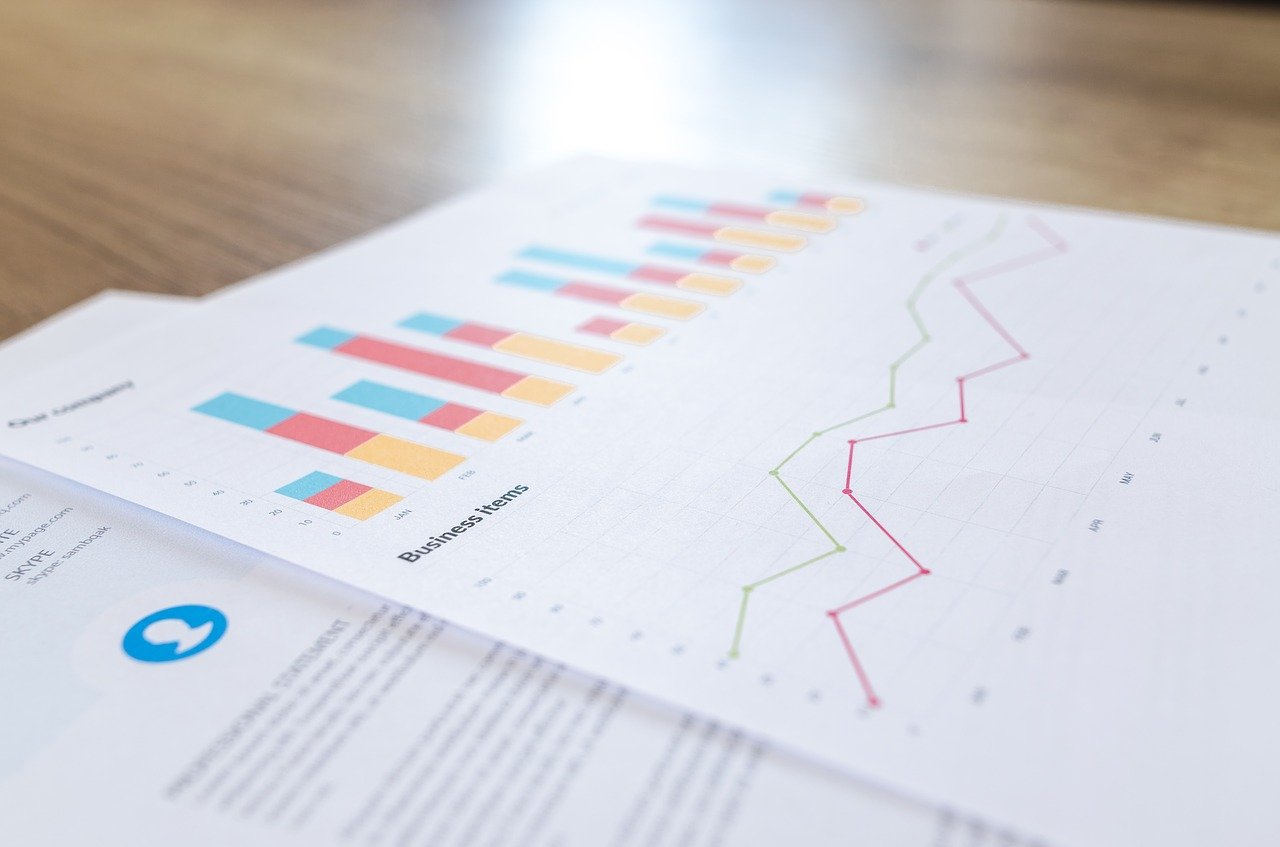The World Trade Organization (WTO), in its annual report related to the current status of global trade, has noted that the growing connectedness of the global economy is like a double-edged sword. This means that it can have both favorable as well as unfavorable results.
On one hand, this increasing interdependence among world economies is making individual countries more exposed to short-term shocks, however, it also empowers nations to recover from such shocks far more quickly than they did in the past, WTO said.
Among other things, the report finds that the global trade in merchandise, which plummeted largely at the beginning of the Covid-19 pandemic, has recovered to levels greater than those before the pandemic. Additionally, the report suggests that by the middle of 2022, global trade will be surging at the same level as it would have, had there been no pandemic.
Dr. Ngozi Okonjo-Iweala, WTO Director-General, described the world’s response to the coronavirus pandemic as an illustration of both the benefits and the challenges of increased globalization.
She defined that it is the deep interconnectedness of the trade, financial flows, and travel, the key characteristics of globalization, that enabled Covid-19 and the economic shocks associated with it to spread around the globe in a matter of few weeks, otherwise, the previous pandemics took months or years to go universal.
Howsoever, Globalization is the core reason why the world discovered vaccines for the pandemic in record time. Scientists could share studies and technology across borders, financed by private and public funding for research and development. And after the new vaccines proved to be effective, supply chains from across the globe came together to help provide the specialized inputs and goods required for vaccine production at a larger scale, all of this within a year, said the Director-General of the WTO.
The report further discussed that countries with more diversified trading relationships with the rest of the world are less likely to undergo significant economic volatility.
With trade, a country can expand its sources of demand and supply. This in turn reduces the country’s risk of relying only on one country, the report suggested.
Apart from this, the report also warned against reshoring production, which is the effort by some nations to become self-sufficient in significant industries.
Particularly, at the beginning of the pandemic, many countries, including the USA, called for reducing dependence on foreign suppliers for crucial medical equipment such as vaccine components and personal protective gear.
For instance, back in his time as the president of the USA, Donald Trump put tariffs on foreign-made steel, all to bring the production of steel back to the United States. He had said that it was essential for the national security of the US to be self-sufficient in metal production. However, Trump’s effort was eventually unsuccessful.
The WTO said that its ultimate goal in discouraging nations from reshoring production is to retain healthy economic ties across countries.


